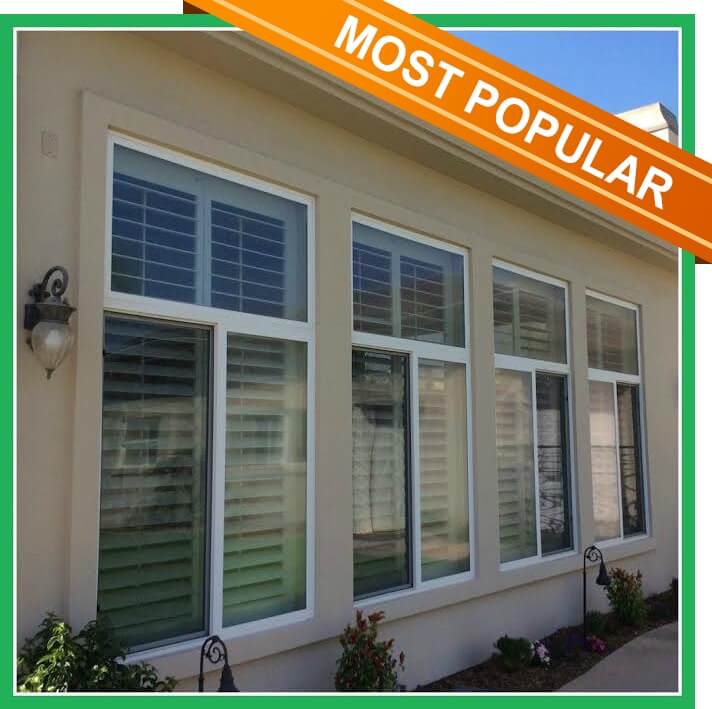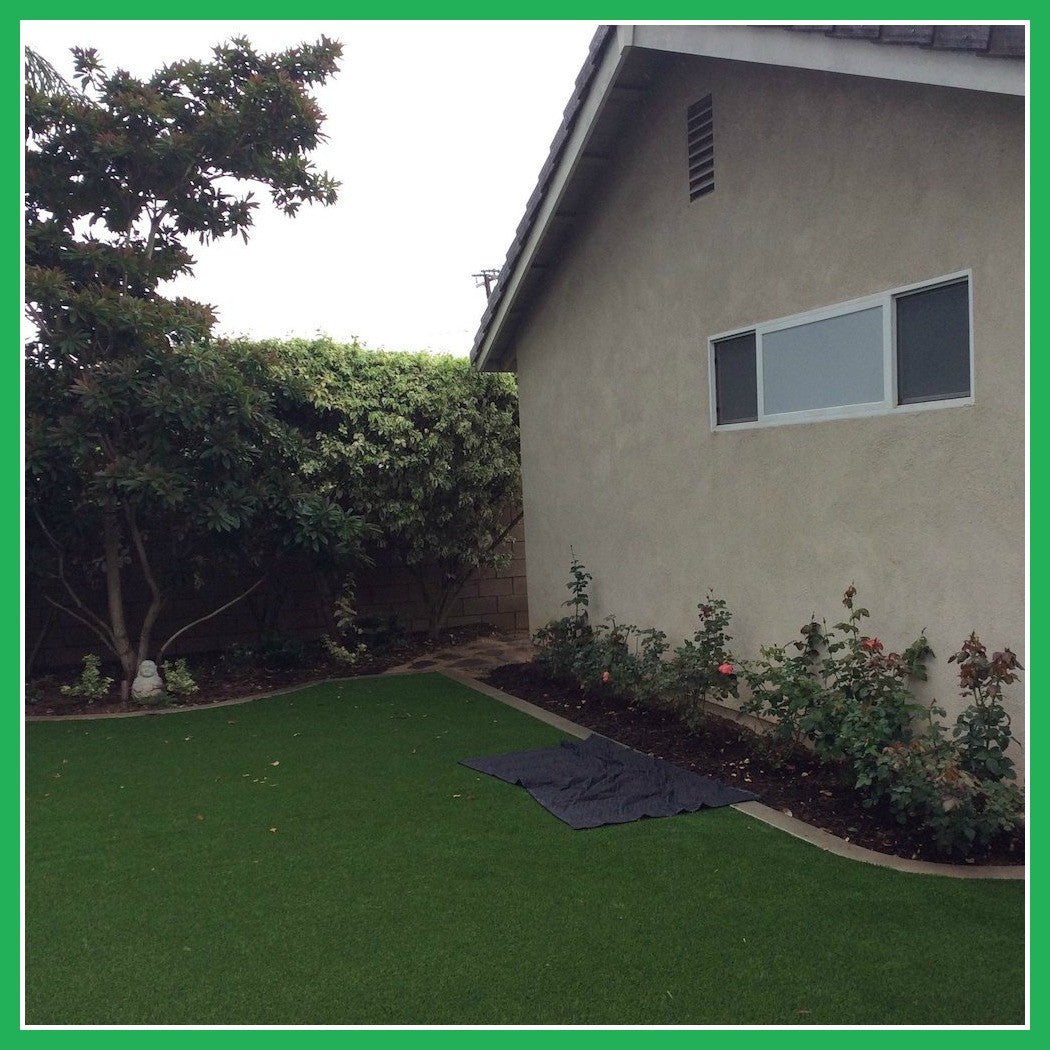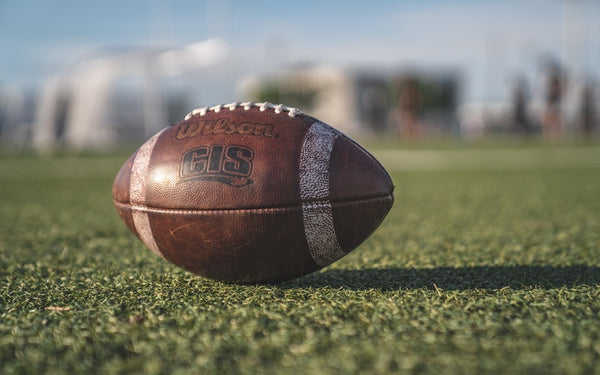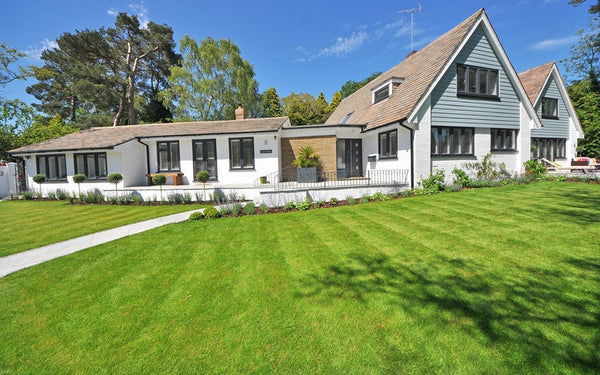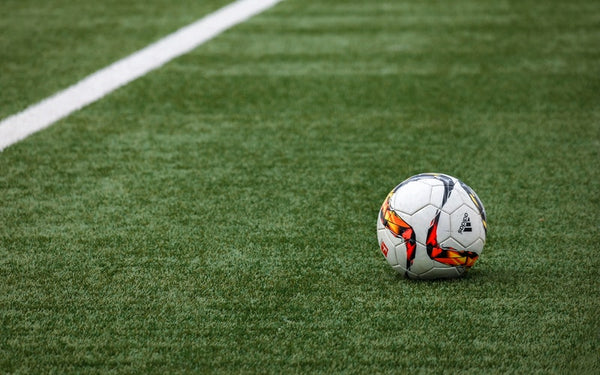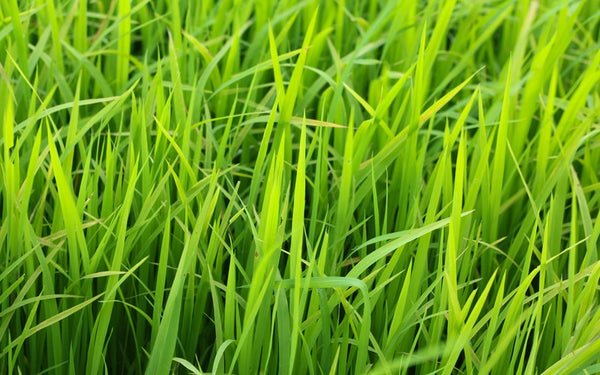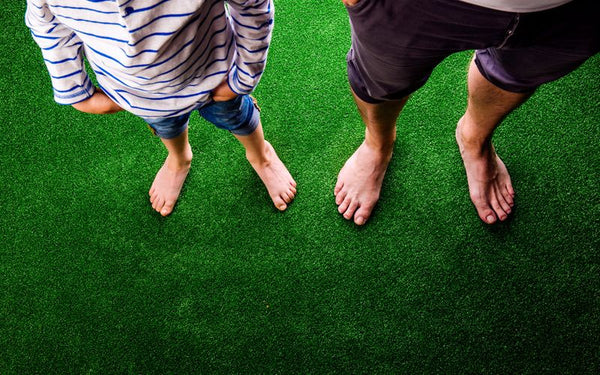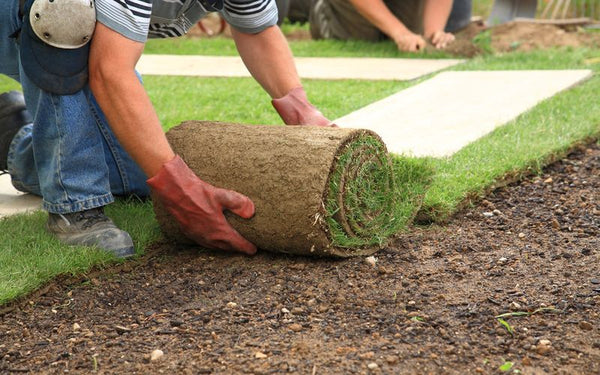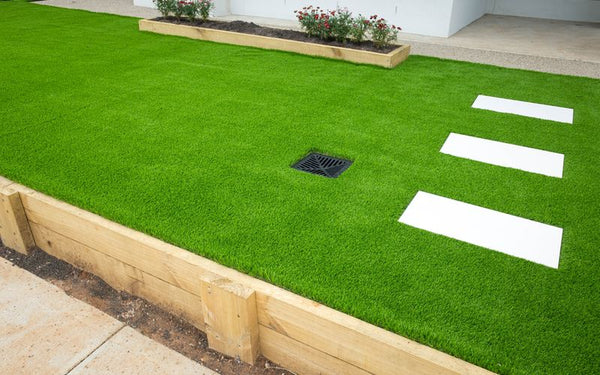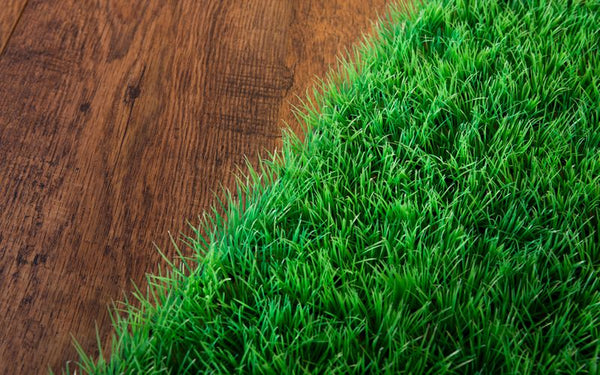Synthetic lawns might be sturdy and require little maintenance, but there are still things that can cause damage to artificial grass. Homeowners should be aware of what to watch out for and also how to maintain artificial turf so that it will last longer and keep looking lush and vibrant.
3 Things that Can Damage Artificial Grass
1.Sun Reflecting Off Windows
The sun might be a life-giving presence, but it can wreak havoc on artificial grass. The sun reflecting off windows is the main culprit behind such problems like artificial grass melting or discoloration.
The window is transformed into something similar to a magnifying glass when the sun's rays hit it. The glare from the window is particularly intense during the morning and afternoon or if the windows are the energy efficient kind. The reflected light can cause the artificial grass to shrivel up or melt.
2.Direct heat
It comes as no surprise that direct heat can also cause damage to artificial grass. Artificial turf is composed of a variety of plastics, like nylon, polyester, and polypropylene, so it doesn't do well with any form of direct heat. It's best to keep barbecues, firecrackers, and cigarettes away from your synthetic lawn to avoid disaster. Turf installers can repair the damage caused by direct heat, but your lawn won't look the same.
3.Pets and Small Children
There's no question that small children and pets are adorable, but they can unwittingly do some artificial grass damage as well. Children might try to pick the blades like real grass while pets can be quite persistent in digging through the turf. If you have kids or pets, you will need to train them before they can start playing on your artificial lawn.
How to Prevent Damage to your Synthetic Lawn
One of the most efficient ways of preventing damage to artificial grass is to put window film on all the windows. A protective film like Turf Guard Window Film can drastically reduce window glare so that it won't cause artificial grass, vinyl sidings or plastic lawn furniture to melt.
However, preventing grass melting is not enough. Homeowners should also know how to take care of their synthetic lawn so that it will last longer. Brushing away debris, pulling out weeds and scrubbing off stain should be done on a regular basis, like once every two weeks or so.
Prevent damage to artificial grass by applying Turf Guard Window Film on your windows. It will minimize hazardous window glare, lessen the incidence of artificial grass melting and help make your home more energy efficient.

